The Sephardic Studies Program is thrilled to welcome two new graduate students to the University of Washington this fall. Pursuing graduate degrees in History and Near and Middle Eastern Studies, Alexandra Ritsatos and Nadav Ganon will join an accomplished group of award-winning M.A. and Ph.D. students whose groundbreaking exploration of different aspects of Sephardic history and culture draws on a dizzying array of languages, research conducted across the world, and unique curiosities forged here at the UW.
Welcome Alexandra and Nadav!
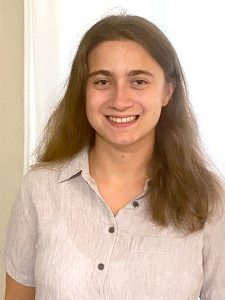 Alexandra Ritsatos received a B.A. in history and music from Binghamton University in 2023. This fall she will begin pursuing a Ph.D. in History at the UW with a primary interest in post-Ottoman history, radical politics and social movements, gender and sexuality, nationalism and the subsequent minoritization of religious and linguistic populations, and the transition from empire to nation-state.
Alexandra Ritsatos received a B.A. in history and music from Binghamton University in 2023. This fall she will begin pursuing a Ph.D. in History at the UW with a primary interest in post-Ottoman history, radical politics and social movements, gender and sexuality, nationalism and the subsequent minoritization of religious and linguistic populations, and the transition from empire to nation-state.
“I feel very excited to join the vibrant academic community at the UW,” says Alexandra. “I am [also] looking forward to moving to Seattle and getting to discover the city.”
Specifically, Alexandra wants to research the way in which Sephardic Jews, specifically Armenian and Greek refugees, experienced the transition from the Ottoman empire to the modern Greek state during the interwar period, particularly studying the ways in which [these groups] organized and interacted within the organized Left.
In her free time, Alexandra enjoys listening to music, playing piano and spending time with friends.
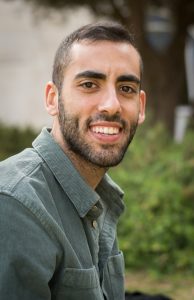 Nadav Ganon graduated with a B.A from Ben-Gurion University in Middle Eastern and African studies in 2019 and an M.A. from the Hebrew University in Jerusalem in Islamic and Middle Eastern studies in 2021, both Summa Cum Laude. His M.A. thesis, “Speaking the Colonizer’s Language: Palestinians in East Jerusalem Studying Hebrew”, examined the relationships between language, power, and identity in the complex reality of Jerusalem since its occupation in 1967.
Nadav Ganon graduated with a B.A from Ben-Gurion University in Middle Eastern and African studies in 2019 and an M.A. from the Hebrew University in Jerusalem in Islamic and Middle Eastern studies in 2021, both Summa Cum Laude. His M.A. thesis, “Speaking the Colonizer’s Language: Palestinians in East Jerusalem Studying Hebrew”, examined the relationships between language, power, and identity in the complex reality of Jerusalem since its occupation in 1967.
At the UW, Nadav will be studying at the Interdisciplinary Ph.D. Program in Near and Middle Eastern Studies, with an interest in the modern history of Palestine and Israel, Jewish-Arab encounters in Ottoman and Mandate Palestine, and modern Sephardic and Mizrahi (Eastern) Jewish history.
Nadav hopes to uncover the social, cultural and political functions of emotional language in the early Jewish-Arab encounters in late Ottoman and Mandatory Palestine. More specifically, he is looking to uncover the ways in which emotions and metaphors served as an ethnic and out-group marker between Jews and Arabs (also between Ashkenazi, Sephardi, and Mizrahi Jews) in those formative years.
“The thing I look forward to most about joining the UW community is the diversity of both students and faculty,” says Nadav. “I am thrilled by the opportunity to study with students and world-renowned scholars from all over the world who share similar interests and passions, and I’m excited to engage with the Sephardic Studies Program to take an active role in preserving my own culture and history as a Sephardic Jew.”
Outside of academia, Nadav enjoys spending time in nature, whether it’s hiking, camping, swimming or just sitting around the fire to truly relax and recharge. “Coming to Seattle and Washington state, I hope to explore the wonderful mountains and lakes around to learn about the area’s indigenous past and present,” he says.

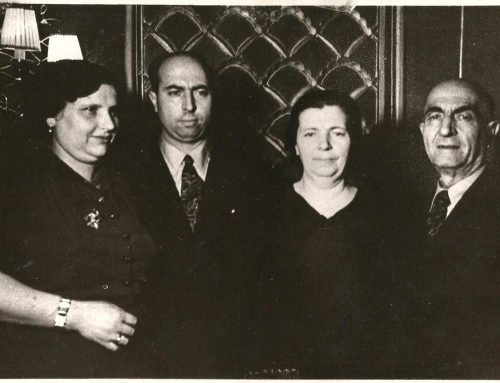

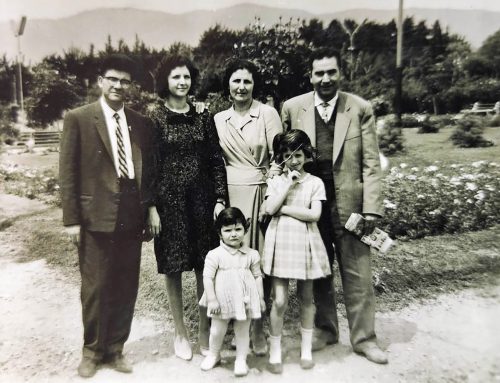

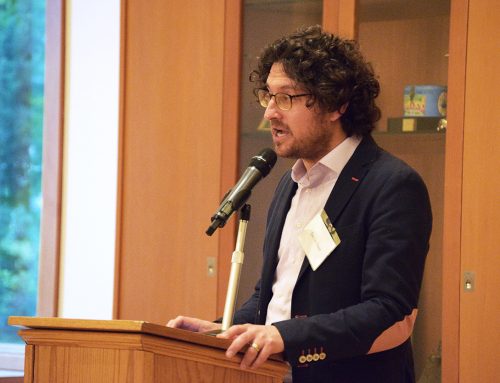

Leave A Comment